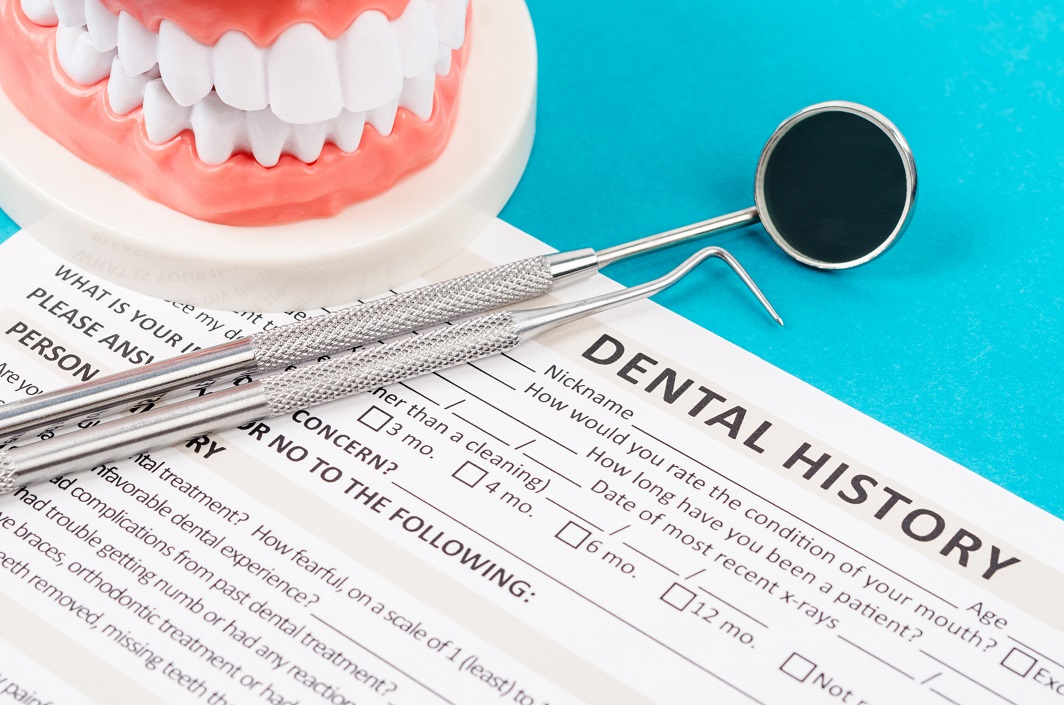
Keeping Your Dentist Up To Date
Your dentist needs to know about your past or current illness and medication use. Some general health conditions and medications can affect your oral health, and your oral health can affect some general health conditions.
Health History
Dentists may ask you about your overall health, including conditions like these:
- heart or blood conditions
- cancer
- eating disorders
- infectious diseases
Dentists also ask about your overall health because some of these conditions can affect your mouth. For example, eating disorders can affect the gums and teeth, especially if the patient is vomiting often. The acid in vomit can wear down the hard outer layer of enamel on teeth.
Some health conditions may be affected by oral health. Diabetes is a good example. Several oral diseases tend to be more common in people who have diabetes, like the following:
- gum disease
- dry mouth
- a fungal infection called thrush
Furthermore, people with type 2 diabetes who have gum disease may have more difficulty controlling their blood sugar levels.
Then there are conditions that occur at the same time but do not really seem to affect one another. For some conditions, it is more likely that they share the same risk factor. For example, research suggests that some people who have the heart condition atherosclerosis also tend to have gum disease. The researchers cannot say whether one condition causes the other, but they know that both conditions share risk factors. For example, smoking increases the risk of both atherosclerosis and gum disease. This is another reason why dentists might ask about your behaviors and habits.
Medication History
Medication can also affect your oral health. Let your dentist know what you are taking and what you are allergic to. Be sure to include prescription medications, over-the-counter drugs that you buy without a prescription, vitamins, and herbal remedies.
It is estimated that more than 400 medications cause dry mouth. This not only can be uncomfortable, but a low saliva flow can also increase your risk of cavities. If you are taking a medication that causes dry mouth, your dentist may work with your physician to see if there is another medication you can take instead. If that is not possible, your dentist may suggest that you use an artificial saliva.
Other oral effects of medications can include the following:
- an overgrowth or swelling of the gum tissue
- problems with bone healing after surgery
- mouth sores
Leave a reply →
